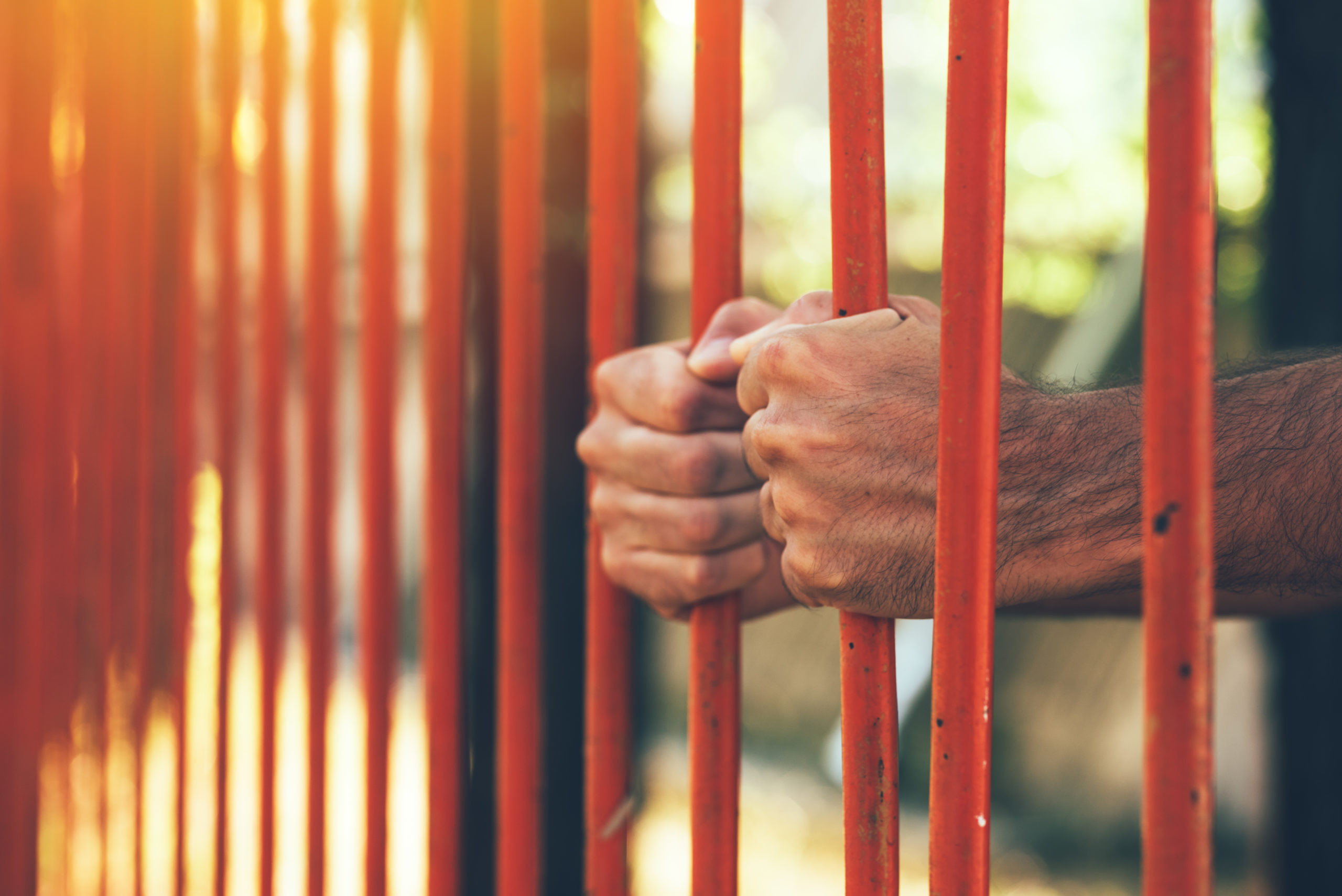Recovering from the trauma of being incarcerated can be a difficult and trying process. The physical and psychological stresses of incarceration can leave a lasting impact on individuals and their families. However, with the right support and guidance, recovery is possible. When recovering from the trauma of incarceration, the first step is to recognize that you are not alone. You may feel isolated and ashamed, but it’s important to remember that there are people who understand your experience and are willing to help. Your experience is unique, and the recovery process may look different for everyone. Keep reading to learn more about recovering from being incarcerated.
How can bail bonds help you if you’ve been incarcerated?

Being incarcerated can be challenging to cope with, and those who have experienced this kind of trauma must receive the help they need to recover. One way that individuals can attempt to recover from the trauma of incarceration is through using bail bonds. You can do a Google search, such as “bail bonds in Covington, Louisiana,” to help you find what you’re looking for.
Bail bonds are a type of surety bond or collateral that allows someone to pay for their own release from jail before their court date, thus allowing them time away from incarceration but still ensuring that they will appear at their court hearing. This gives those who have been incarcerated more control over their situation and reduces the amount of stress associated with being jailed before trial or sentencing.
Louisiana bail bonds can help you recover from incarceration in several ways. First, they can provide the funds to pay your bail and get you released quickly. Many people who are arrested are unable to pay their bail due to financial constraints, so a bail bond can help them get out of jail quickly. Bail bonds also provide peace of mind that you will not be stuck in jail until your trial date. You may also be charged additional court fees and fines if you cannot pay your bail. These additional fees can be costly, and bail bonds can help you avoid them.
In addition, bail bonds can help you get back on your feet financially. When you are released from jail, you may face several financial difficulties, such as unpaid bills, late payments, and other debts. A bail bond can help you pay these bills and get back on track financially.
How can a therapist help you recover from being incarcerated?

Recovering from the trauma of being incarcerated is a difficult journey. The first step in recovery is to seek help from qualified professionals; you can search for “therapist Carrollton TX” to find a therapist who specializes in helping those affected by incarceration. A therapist can provide invaluable support and guidance throughout the recovery process, which can include therapies such as cognitive behavioral therapy (CBT), eye movement desensitization and reprocessing (EMDR), or acceptance and commitment therapy (ACT). These approaches have been proven effective for individuals suffering from post-traumatic stress disorder (PTSD) due to incarceration.
During CBT sessions, therapists will work with clients to identify any negative thoughts contributing to their current symptoms of PTSD, then challenge them with more positive thinking patterns and behaviors that are conducive to healthy healing. EMDR focuses on triggering memories associated with traumatic events while simultaneously providing coping strategies for dealing with anxiety-related symptoms like flashbacks. Lastly, ACT helps individuals gain insight into underlying issues by teaching mindful self-compassion practices, which involve accepting painful emotions without judgment or rumination over time.
With their expertise and support, clients can find relief from distressing symptoms such as insomnia, nightmares, and intense emotional reactions triggered by reminders or cues of past traumas, all while developing skills that allow them to cope better with life’s daily challenges both inside prison walls as well outside them after release into society again successfully.
Recovering from the trauma of incarceration is a critical process to move forward with life. It’s essential to seek support from family, friends, and mental health professionals to help process the experience, cope with feelings of guilt and shame, and re-integrate into society.

